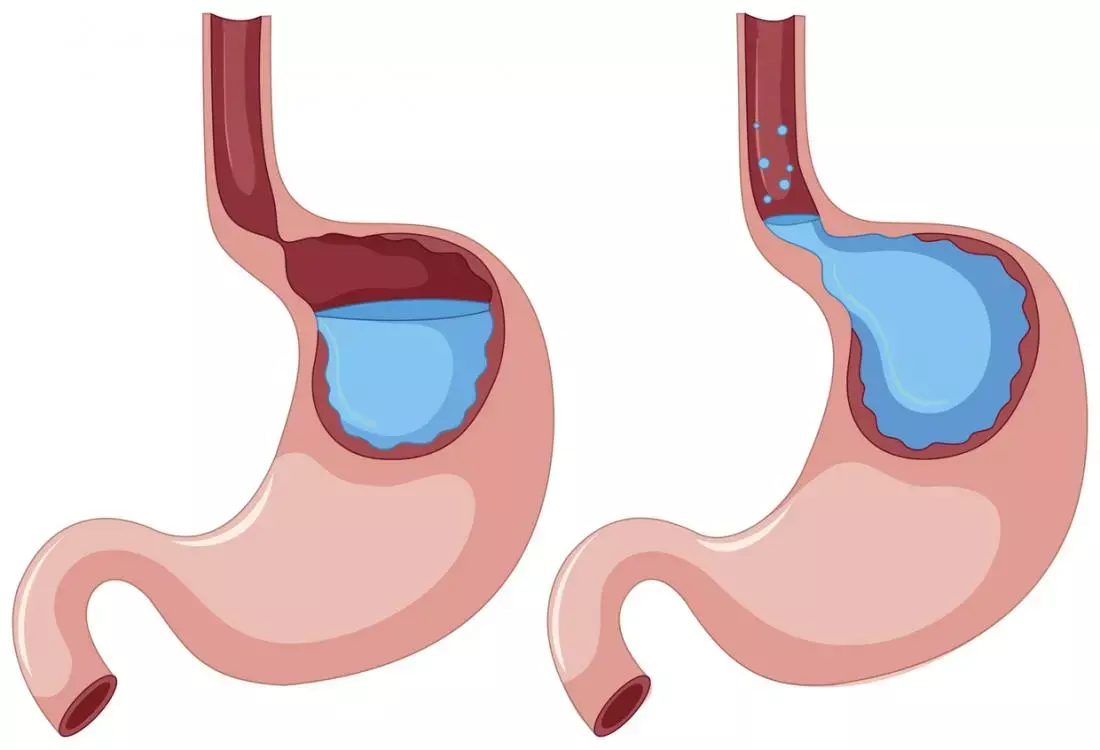- Home
- Medical news & Guidelines
- Anesthesiology
- Cardiology and CTVS
- Critical Care
- Dentistry
- Dermatology
- Diabetes and Endocrinology
- ENT
- Gastroenterology
- Medicine
- Nephrology
- Neurology
- Obstretics-Gynaecology
- Oncology
- Ophthalmology
- Orthopaedics
- Pediatrics-Neonatology
- Psychiatry
- Pulmonology
- Radiology
- Surgery
- Urology
- Laboratory Medicine
- Diet
- Nursing
- Paramedical
- Physiotherapy
- Health news
- Fact Check
- Bone Health Fact Check
- Brain Health Fact Check
- Cancer Related Fact Check
- Child Care Fact Check
- Dental and oral health fact check
- Diabetes and metabolic health fact check
- Diet and Nutrition Fact Check
- Eye and ENT Care Fact Check
- Fitness fact check
- Gut health fact check
- Heart health fact check
- Kidney health fact check
- Medical education fact check
- Men's health fact check
- Respiratory fact check
- Skin and hair care fact check
- Vaccine and Immunization fact check
- Women's health fact check
- AYUSH
- State News
- Andaman and Nicobar Islands
- Andhra Pradesh
- Arunachal Pradesh
- Assam
- Bihar
- Chandigarh
- Chattisgarh
- Dadra and Nagar Haveli
- Daman and Diu
- Delhi
- Goa
- Gujarat
- Haryana
- Himachal Pradesh
- Jammu & Kashmir
- Jharkhand
- Karnataka
- Kerala
- Ladakh
- Lakshadweep
- Madhya Pradesh
- Maharashtra
- Manipur
- Meghalaya
- Mizoram
- Nagaland
- Odisha
- Puducherry
- Punjab
- Rajasthan
- Sikkim
- Tamil Nadu
- Telangana
- Tripura
- Uttar Pradesh
- Uttrakhand
- West Bengal
- Medical Education
- Industry
Reducing simple sugars in diet may ameliorate symptoms of GERD

Researchers have found in a new study that dietary carbohydrate modification and substantial reduction in the intake of simple sugars improved pH monitoring outcomes and symptoms of gastroesophageal reflux disease. The study was published in The American Journal of Gastroenterology.
Gastroesophageal reflux disease (GERD) is the most frequent, most costly, and most debilitating gastrointestinal disorder which affects the quality of life. Dietary recommendations are given to reduce the symptoms of GERD but no literature studied the effects of both the amount and type of dietary carbohydrate on symptomatic GERD. Hence, researchers conducted a randomized controlled diet intervention trial to investigate both the amount and type of carbohydrates in symptomatic gastroesophageal reflux disease (GERD).
For nine weeks, a high total/high simple, high total/low simple, low total/high simple, or low total/low simple carbohydrate diet was randomly assigned to 98 veterans with symptomatic GERD. Esophageal acid exposure time (AET) and the total number of reflux episodes derived from 24-hour ambulatory pH monitoring were the primary outcomes. Secondary outcomes were esophageal reflux symptoms rated using the Gastroesophageal Reflux Disease Questionnaire (GERDQ) and GERD Symptom Assessment Scale (GSAS).
RESULTS:
- Nearly fifty percent of the participants were White and half African American with a mean age of 60.0 ± 12.5 years and a mean body mass index of, 32.7 ± 5.4 kg/m2.
- Diet treatment had a significant main effect on AET (P = 0.001) and also on the total number of reflux episodes (P = 0.003).
- The change in AET in the high total/low simple group (−4.3% ± 3.8%) differed significantly from the high total/high simple control group, (P = 0.04).
- The reduction in simple sugar intake averaged 62 g less per day.
- In all carbohydrate modification groups improvement in the subjects' ratings of symptoms could be seen, including significant reductions in heartburn frequency, heartburn severity, acid taste in the mouth, lump/pain in the throat or chest, and sleep disturbance.
This is a first-of-its-kind trial to investigate both the amount and type of carbohydrates in symptomatic gastroesophageal reflux disease (GERD). Dietary carbohydrate modification can have much impact on the symptoms of GERD.
Further reading: Gu C, Olszewski T, King KL, Vaezi MF, Niswender KD, Silver HJ. The Effects of Modifying Amount and Type of Dietary Carbohydrate on Esophageal Acid Exposure Time and Esophageal Reflux Symptoms: A Randomized Controlled Trial. Am J Gastroenterol. 2022;117(10):1655-1667. doi:10.14309/ajg.0000000000001889
BDS, MDS
Dr.Niharika Harsha B (BDS,MDS) completed her BDS from Govt Dental College, Hyderabad and MDS from Dr.NTR University of health sciences(Now Kaloji Rao University). She has 4 years of private dental practice and worked for 2 years as Consultant Oral Radiologist at a Dental Imaging Centre in Hyderabad. She worked as Research Assistant and scientific writer in the development of Oral Anti cancer screening device with her seniors. She has a deep intriguing wish in writing highly engaging, captivating and informative medical content for a wider audience. She can be contacted at editorial@medicaldialogues.in.
Dr Kamal Kant Kohli-MBBS, DTCD- a chest specialist with more than 30 years of practice and a flair for writing clinical articles, Dr Kamal Kant Kohli joined Medical Dialogues as a Chief Editor of Medical News. Besides writing articles, as an editor, he proofreads and verifies all the medical content published on Medical Dialogues including those coming from journals, studies,medical conferences,guidelines etc. Email: drkohli@medicaldialogues.in. Contact no. 011-43720751




